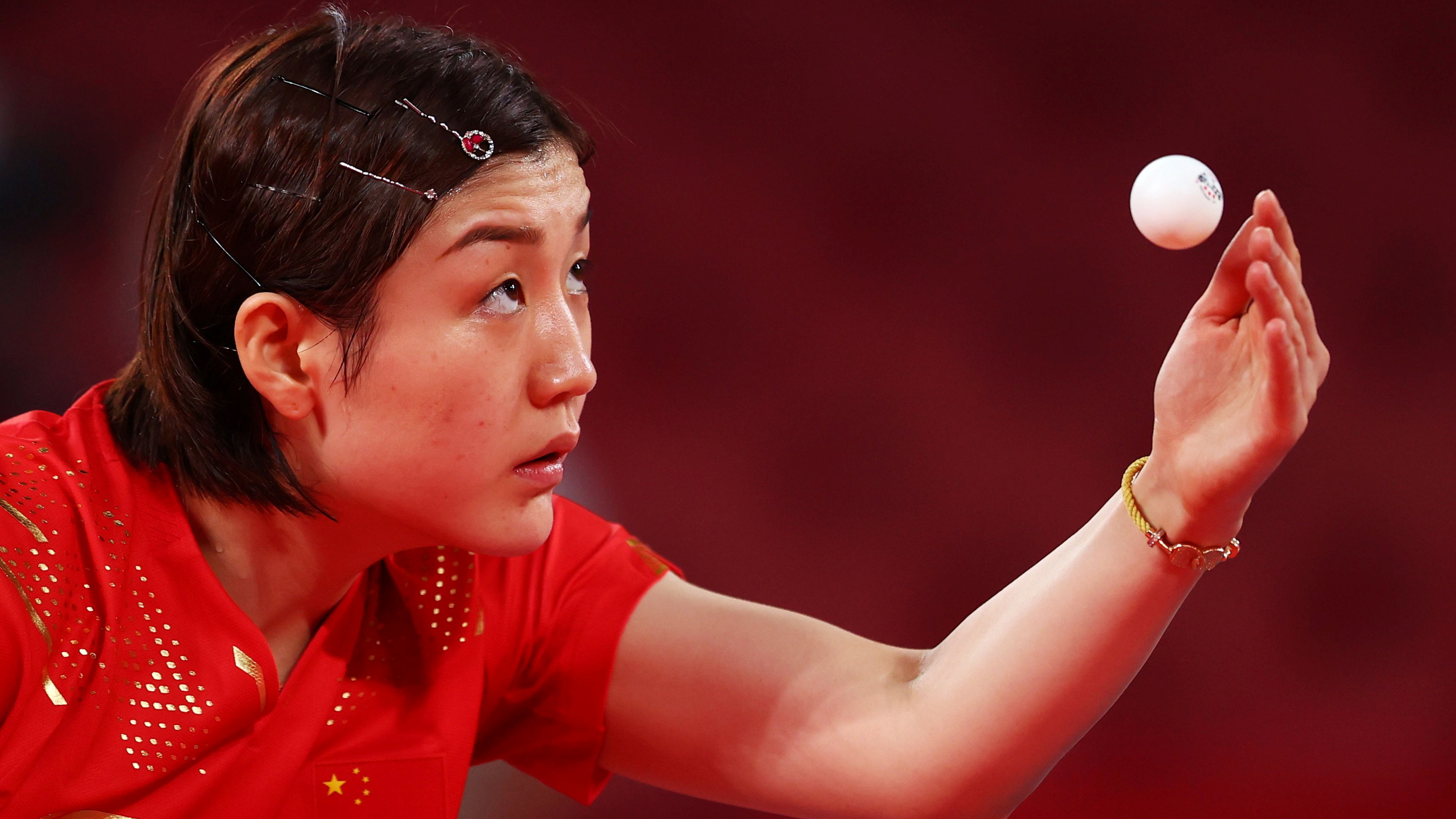

In 2015, Stosur was eliminated in the round of 64 in the Australian open (earning 70 points), the round of 32 in the French Open (earning 130 points) and Wimbledon (another 130 points), and the round of 16 in the US Open (earning 240 points). This is an example of exponential growth, a mathematical process that causes numbers to grow rapidly.Īt the time of writing, Samantha Stosur is the highest-ranked Australian women’s tennis player. The WTA currently awards players in a 2016 Grand Slam tournament 780 points for being eliminated in the semi-finals, 1,300 points for being eliminated in the final and 2,000 points for winning the tournament the points almost double for every extra round that a player progresses. GLOSSARY Round of 16 Player made it through to the 4th round (involving 16 players), but was eliminated there. GLOSSARY Quarter-finals Player made it through to the 5th round (involving 8 players), but was eliminated there. GLOSSARY Semi-finals Player made it through to the 6th round (involving 4 players), but was eliminated there. GLOSSARY Finals Player made it through to the 7th and final round (involving 2 players), but was eliminated there. GLOSSARY Win Player won the finals match and so won the tournament. Listed below are the points awarded for tournaments in 2016.
#Table tennis pro tour world ranking point update
The easiest way to seed the players is to look at their world rankings-but how are these determined in the first place? World rankingsĮvery week the men's Association of Tennis Professionals (ATP) and the Women’s Tennis Association (WTA) compute and update the world rankings for professional tennis players. They do this by awarding ranking points to every player (separately for The 1st seed is the player deemed most likely to win, the 2nd seed is next-most likely to win, and so on, usually stopping at the 16th or 32nd seed. GLOSSARY seeded A system to determine the order in which entrants are favoured to win a tournament, so they can be ‘planted’ into the appropriate tournament bracket. To decide how best to match up the players in the first round, the entrants to the tournament must first be Long before players set foot on the court, every match in their tournament needs to be scheduled. How does knowledge of mathematics help us gain insight into the world of tennis? Get ready for a serve of maths in tennis. After the tournament is over, the world rankings are adjusted. Blisteringly fast serves turn into thrilling rallies where every motion of the ball is tracked in real time by analysing radar signals. Yet there are many ways in which mathematics sits quietly underneath the surface.Īs the players emerge to the cheers of the crowd and stroll onto the court to confront each other-fated to meet by a tournament structure prepared weeks ago-commentators draw upon a wealth of statistics to discuss the upcoming match for the watching fans. tennis final appears to be a long way from the world of mathematics.

GLOSSARY Grand Slam Also called the majors, the four Grand Slam tournaments consist of the Australian Open (played on hard courts in January), the French Open (played on clay courts in May-June), Wimbledon (played on grass courts in June-July) and the US open (played on hard courts in August-September).


 0 kommentar(er)
0 kommentar(er)
